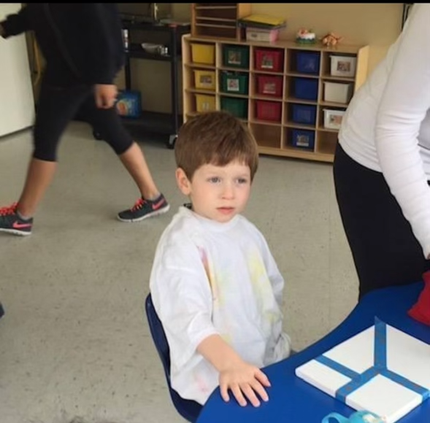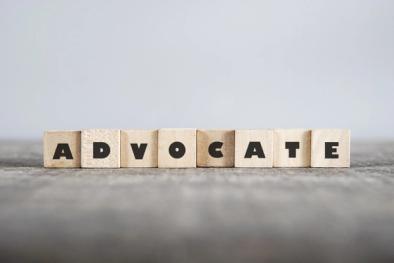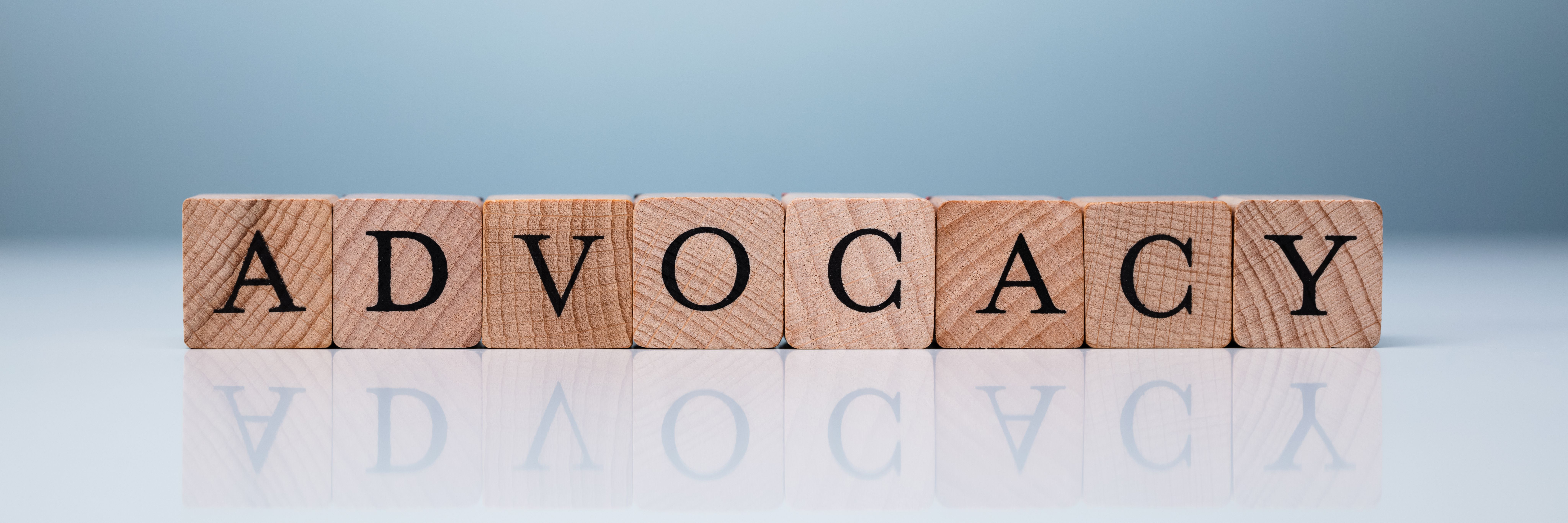
Lifelong Advocacy
We advocate for children and young adults with special needs from ages 3 to 21 and beyond by ensuring they receive the educational support and services they are entitled to by law at every stage of their journey. Whether it’s securing early intervention, navigating the transition to adulthood or addressing post-secondary education and vocational needs, we are committed to helping families every step of the way.

Customized Education Plans (IEPs & 504s)
We assist families by preparing for and attending IEP and 504 meetings, ensuring that educational programs are tailored to meet each student’s unique needs. When programs are designed with the individual in mind, a student will then have their best chance to receive a meaningful and ambitious education.

Due Process Hearings
We represent families in Due Process Hearings and file State Complaints to resolve disputes with school districts. These actions are often necessary when disagreements arise regarding the educational needs of a child with a disability. Our goal is to ensure a child receives all the special education services necessary for them to make a meaningful and ambitious educational benefit in their least restrictive environment. All students should feel safe and happy to go to school, have friends and be confident in themselves, knowing that their program is tailored to their individual needs allowing them to be successful.

Teaching Through Training
We provide training for parents, therapists and school districts on how to effectively advocate for their child/student. By teaching families and professionals about a student’s rights, we then have our best chance of ensuring that a comprehensive educational program is put in place to capture a child’s unique needs.

